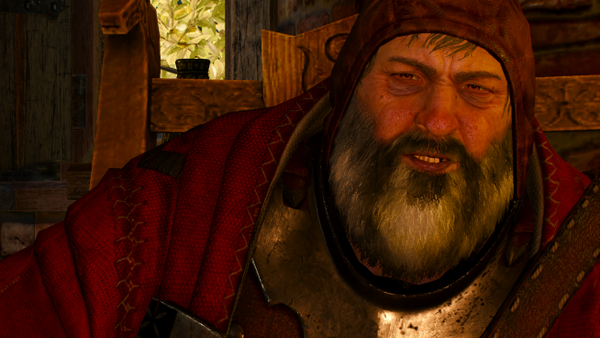10 Subtle Ways The Witcher 3's Story Is One Of The Very Best
5. Good & Evil Are Subjective

The most engaging media is that which forces us to confront challenging dilemmas. Just as the monsters blur the farcical line between nasty and nice (ugh, Santa – what a fascist), so to do the other NPCs of The Witcher 3.
Returning to Dettlaff as the example once more, slicing people like a pizza cutter isn’t the best way to make friends – but The Beast of Beauclair only did it to save the woman he loved… who was actually manipulating events the whole time. Yet still, Syanna was exacting revenge after years of being treated as an outcast, simply for having the superstitious misfortune of being born under an eclipse
The Witcher truly succeeds the most when it forces us to face absolute, hideous evil…and then provokes our judgements. The causes rarely excuses the crime, but it certainly stops and makes us think. The lord that feeds his own people to his pet basilisk needs to meet the sharp end of your steel, though his fight to save the near extinct species causes Geralt to question his own profession.
Is it right to kill the Werewolf and let a murderous sister live? Or let the Werewolf exact his revenge, but in doing so risk him killing more innocents? The fact that we control these decisions, and their consequences have real impact on the world, make them all the harder to carry out.
Just don’t help out that ‘poor, innocent ghost’ stranded in the tower on Fyke Island. That’s the last time I’ll be tricked into unleashing a devastating plague on an entire village. Probably.